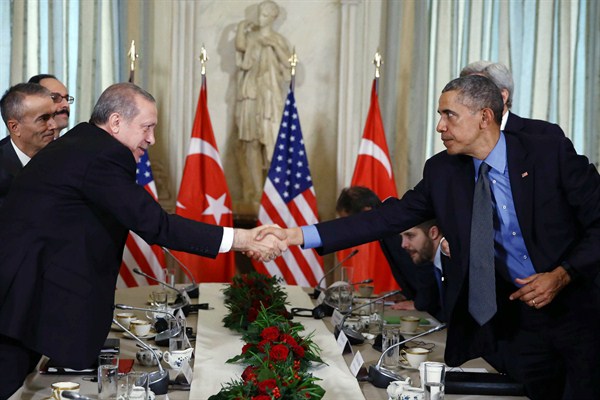When the next U.S. president takes office in 2017, he or she will move into the White House with a long national security to-do list. One of the most pressing items will be to assess America’s security partnerships, particularly the problematic ones, to decide which can be repaired, which must be tolerated as is, and which should be abandoned.
Four partnerships will top the reassessment list: Egypt, Saudi Arabia, Pakistan and Turkey. Each has a longstanding relationship with the United States harkening back to the Cold War. All four became even more important after the Sept. 11 attacks on the United States. But all four have reached a point where it is no longer obvious that the strategic benefit to the United States outweighs the costs and risks. This justifies a close look by the next president.
The security partnership with Egypt is the newest of the four, forged in the 1970s when Cairo turned away from the Soviet Union. The United States embraced the relationship both to lessen regional security threats to Israel and to leverage Egypt for greater influence across the Arab world. Obsessed with stability, Washington seldom pushed Egypt hard for democratization and showered it with security assistance. A long series of American presidents, both Democrat and Republican, felt that the strategic benefits of the partnership outweighed the costs and risks.

